Lily is one of the favorite ingredients among the masses, but people often discard lily flowers, which is a pity. Traditional Chinese medicine experts recommend drinking lily flower tea, which is beneficial for patients with mild dry cough and poor sleep quality.
Recommended Recipe: Dry and store lily flowers. Take 3-5 grams of lily flowers daily and steep them in boiling water to make tea.
Comments: Lanzhou lilies are renowned throughout the world, and people in Lanzhou especially love lilies and enjoy eating them. Some high-end restaurants also use lily flowers to create dishes with beautiful colors, fragrances, and flavors. However, there are still not many people who use lily flowers to brew tea for disease prevention and treatment. In fact, lilies were mentioned in Chinese medicine more than 2,000 years ago, and there are detailed records in various editions of "Materia Medica". Traditional Chinese medicine believes that lilies have the functions of moistening the lungs and relieving coughs, clearing the mind and calming the spirit, and tonifying the middle and benefiting qi. They can treat chronic cough, coughing up blood-stained sputum, restlessness, palpitations, mental confusion, and edema due to beriberi. Common lily medicinal recipes include honey-fried lily, lily and fragrant rice porridge, lily and Codonopsis pilosula pig lung soup, lily and chicken egg soup, lily and braised meat, etc. Commonly used formulas in clinical practice include Lily and Anemarrhena Decoction, Lily and Rehmannia Decoction, lily powder, fresh lily juice, etc. Traditional Chinese medicine believes that lily flowers have a slightly cold and balanced nature, with a sweet and slightly bitter taste. They enter the lung meridian and have the effects of moistening the lungs, clearing heat, and calming the spirit. They are commonly used to treat coughs, dizziness, and restless sleep. Modern pharmacological research has found that lily flowers contain abundant nutrients such as starch, protein, fat, calcium, phosphorus, iron, vitamin B1, vitamin B2, vitamin C, and carotene, as well as various alkaloids such as colchicine. These components have a good nourishing effect on the human body, which is not only beneficial for patients with weakness, chronic bronchitis, tuberculosis, and neurosis but also has certain therapeutic effects on various cancers. Therefore, it is a natural anti-tumor medicinal material. However, due to its sweet and cold nature, it should be used with caution in cases of cough due to wind and cold, loose stools, weak spleen and stomach, long-standing cold and dampness, and kidney yang deficiency.




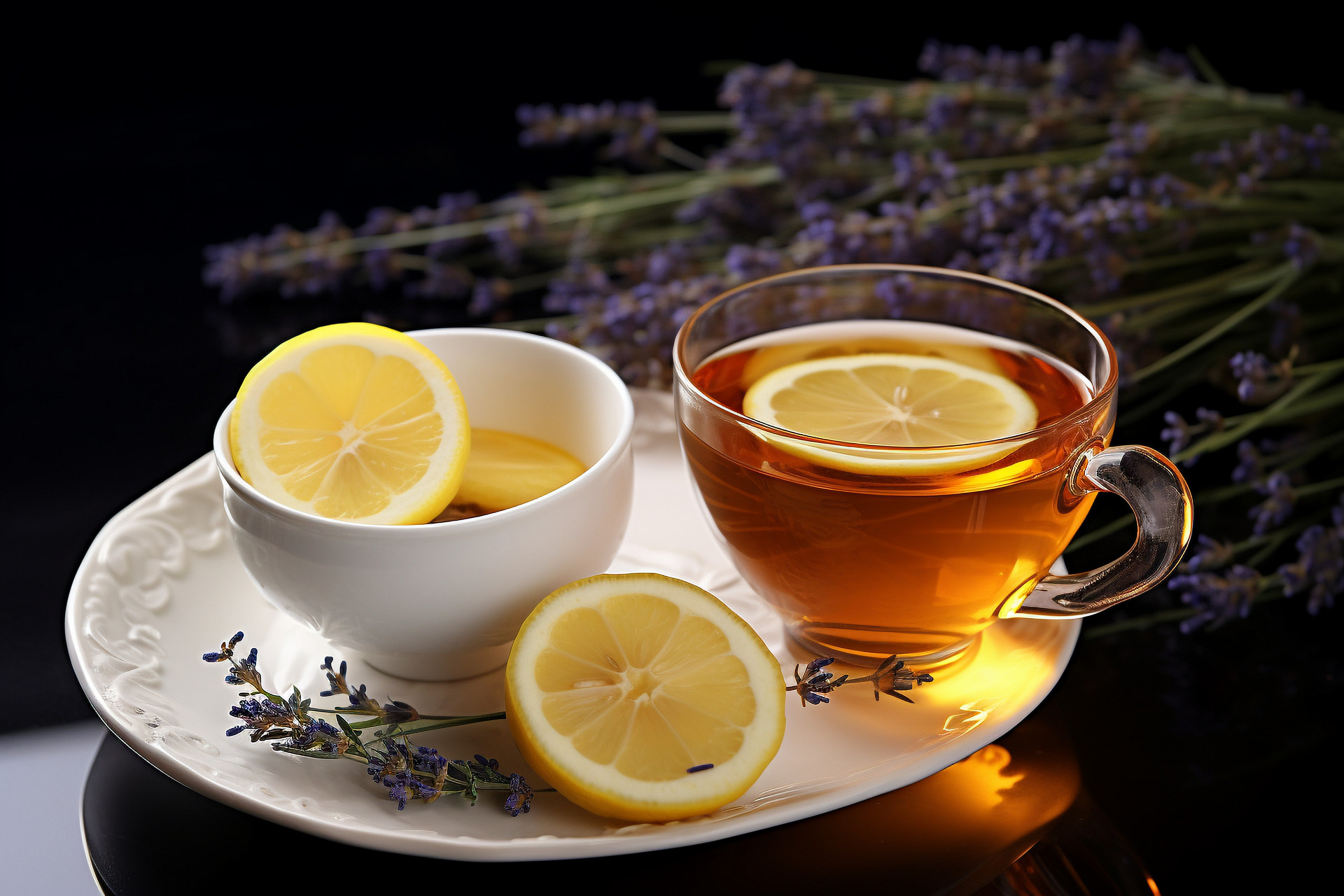
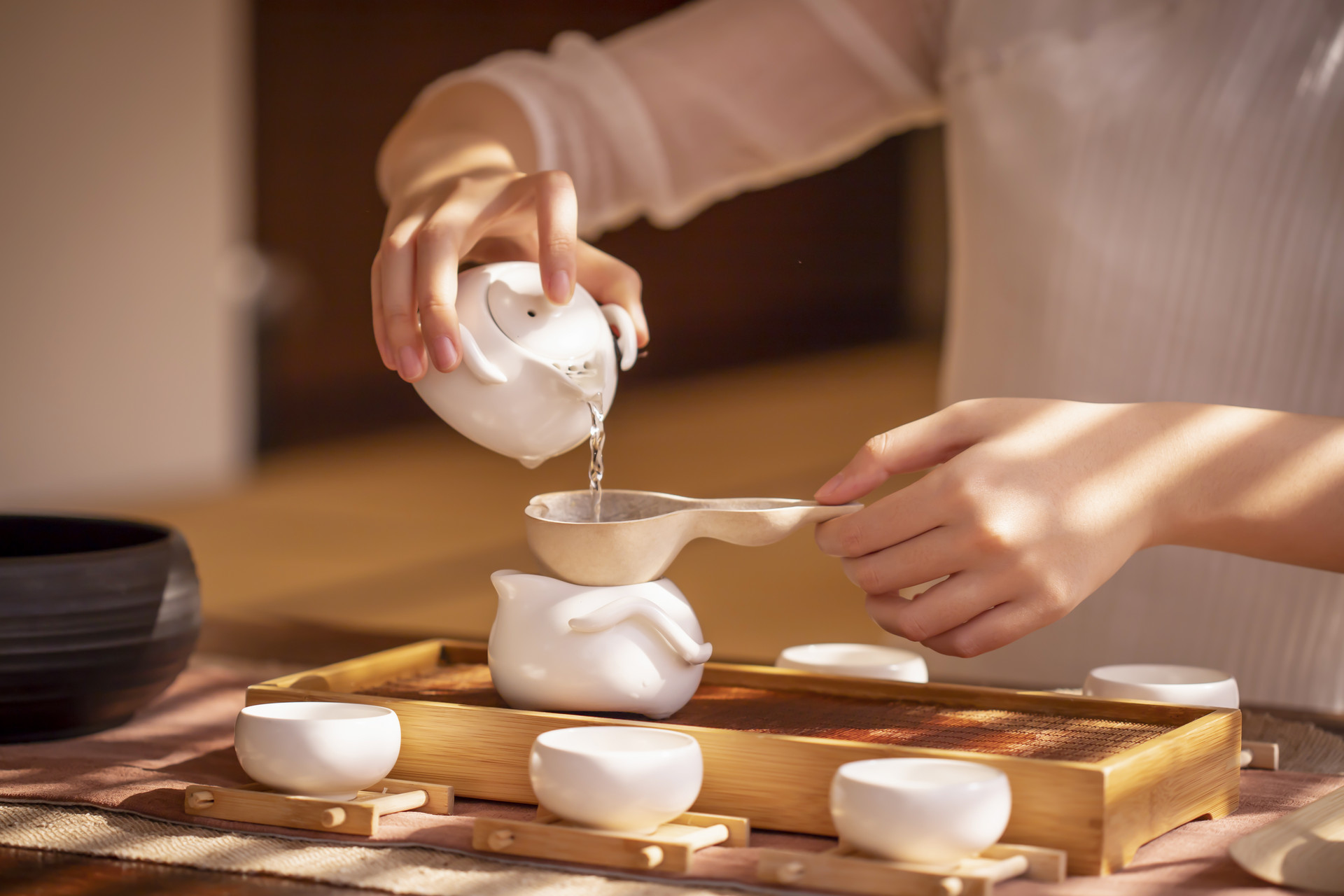
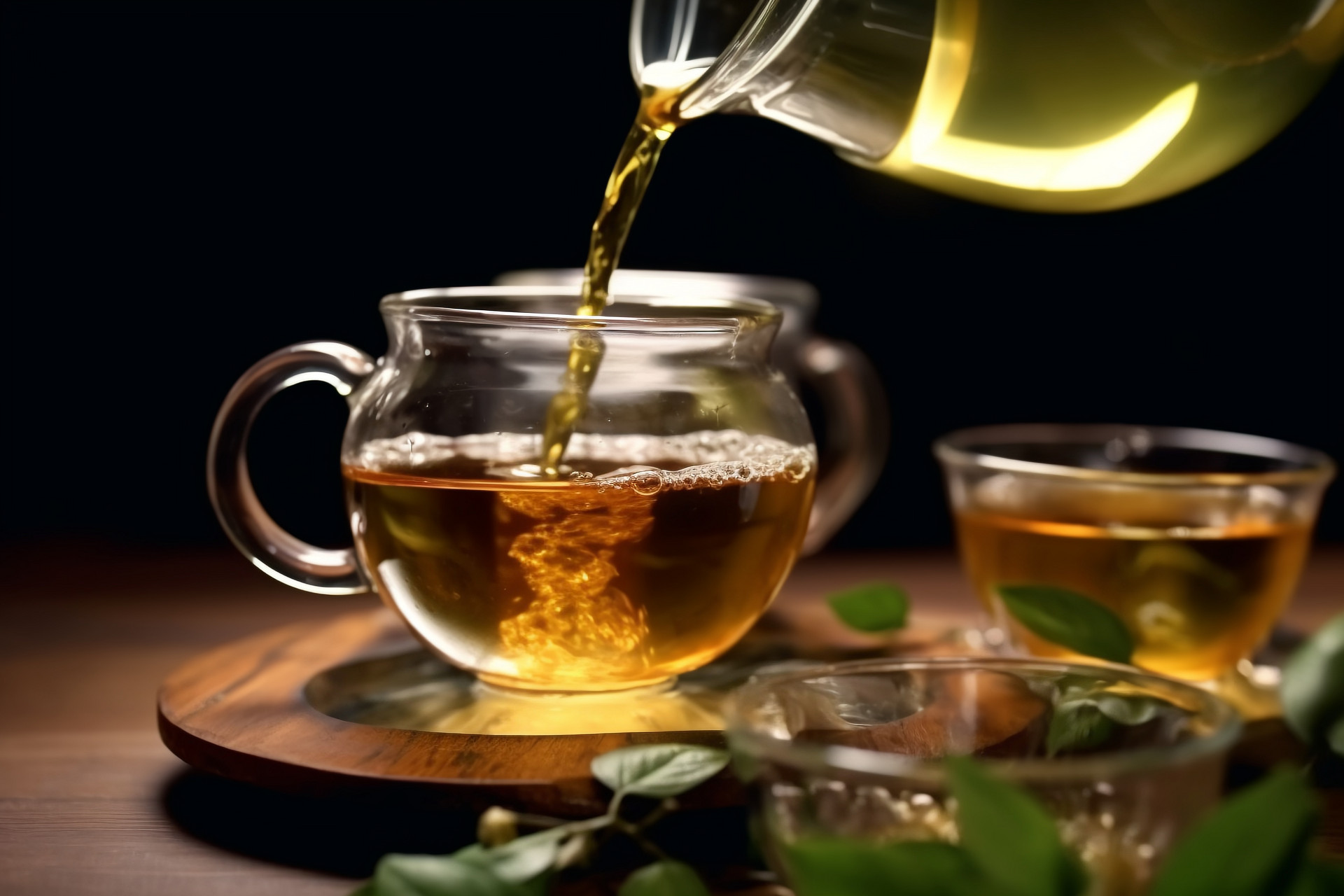

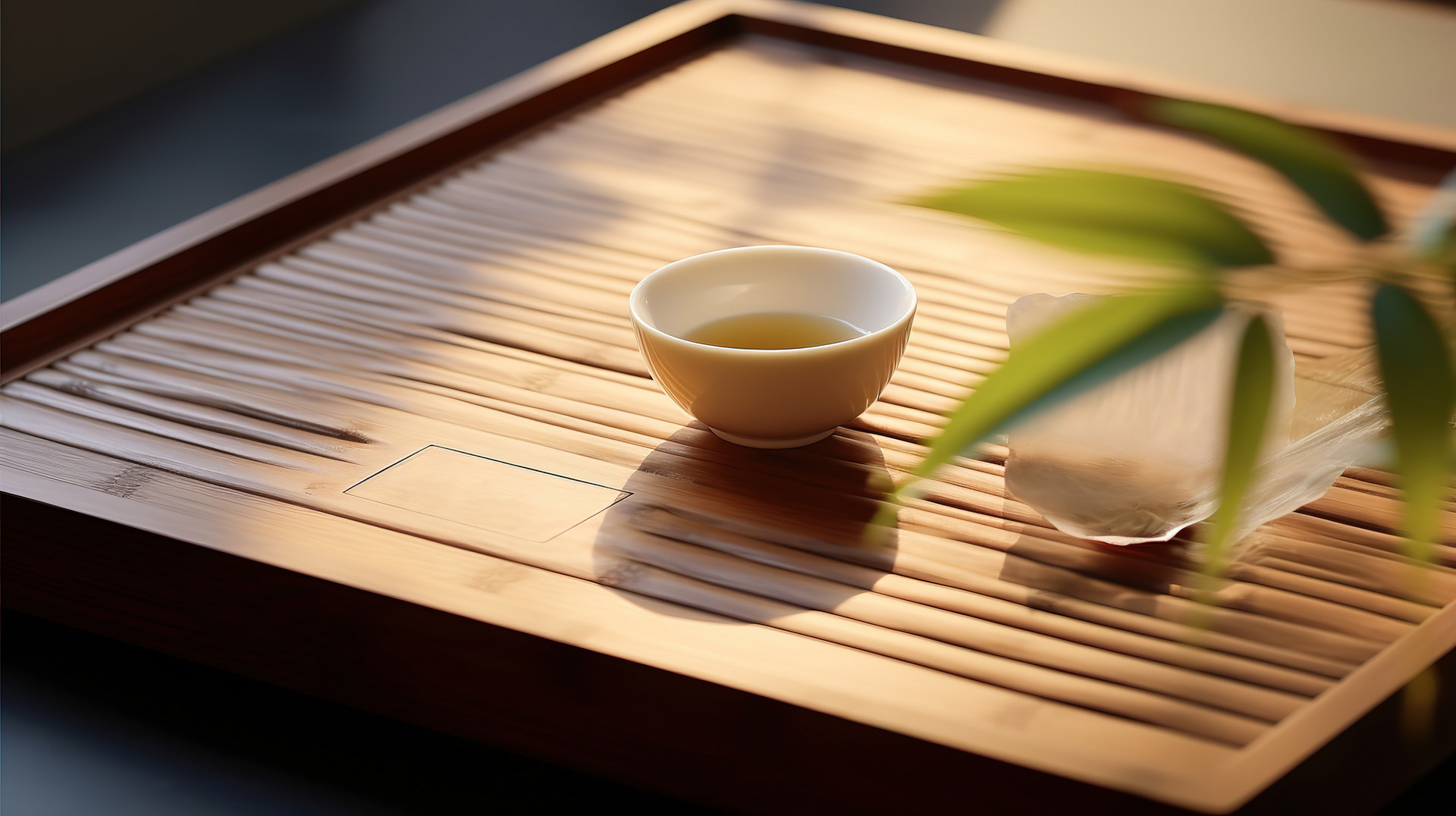
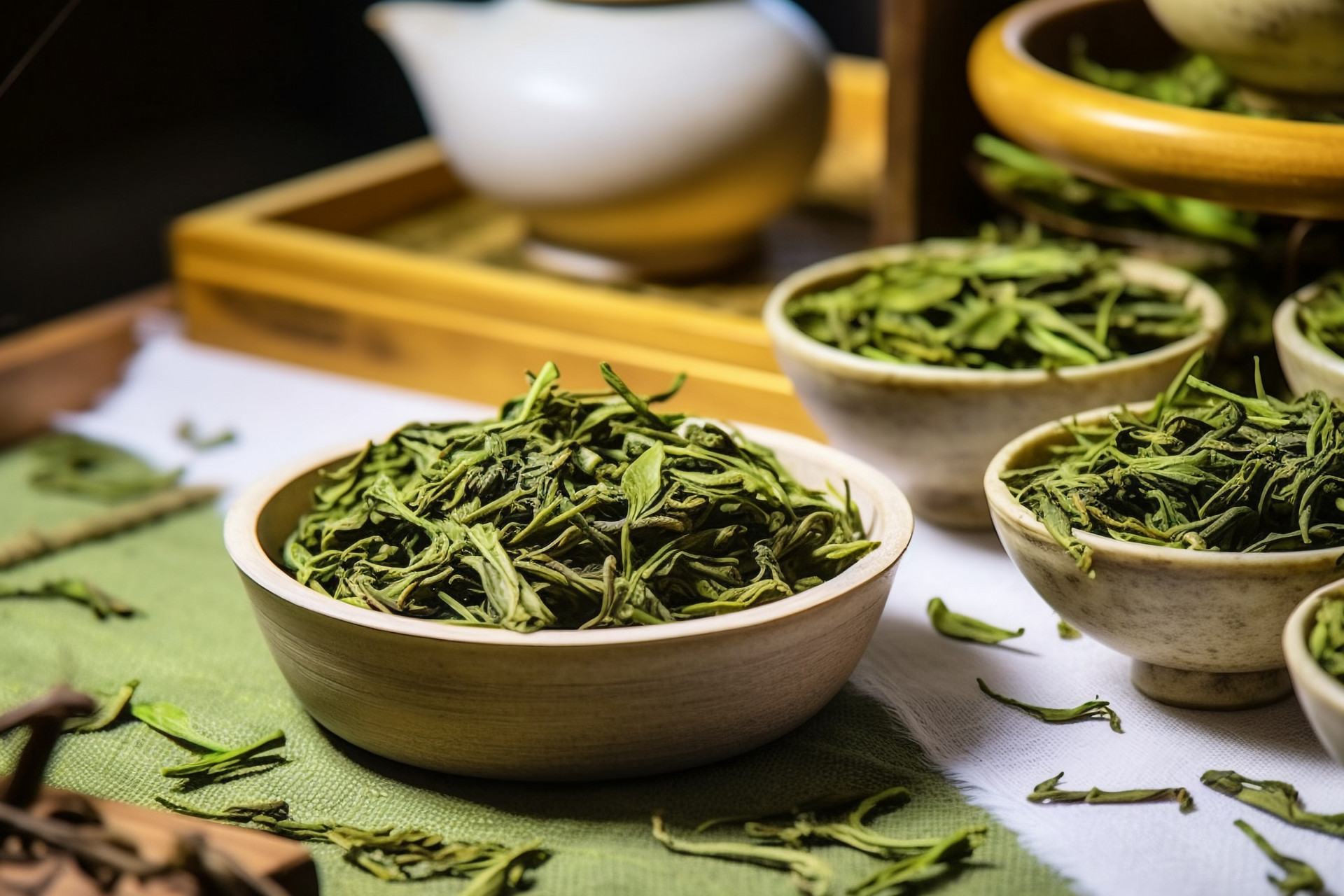
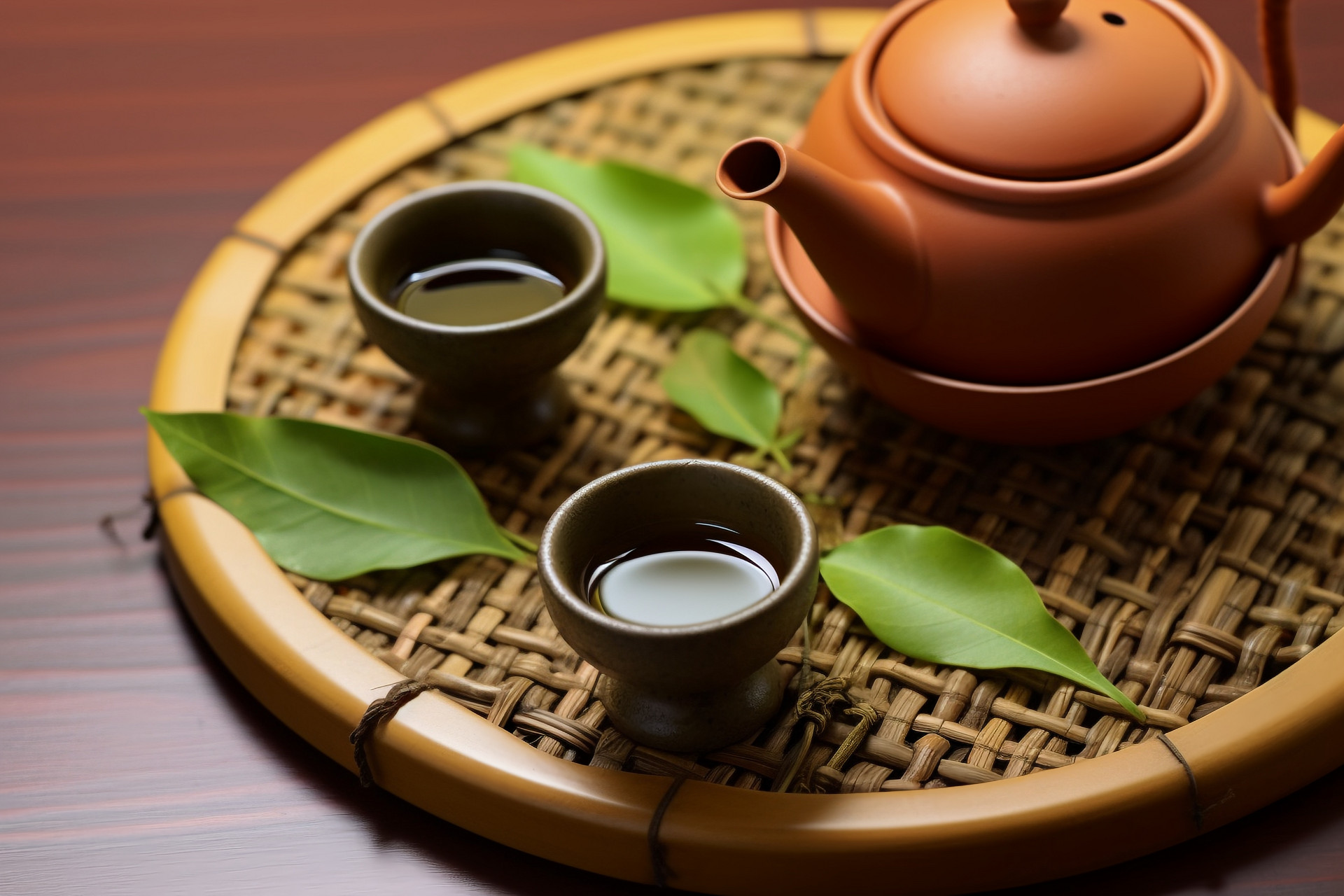
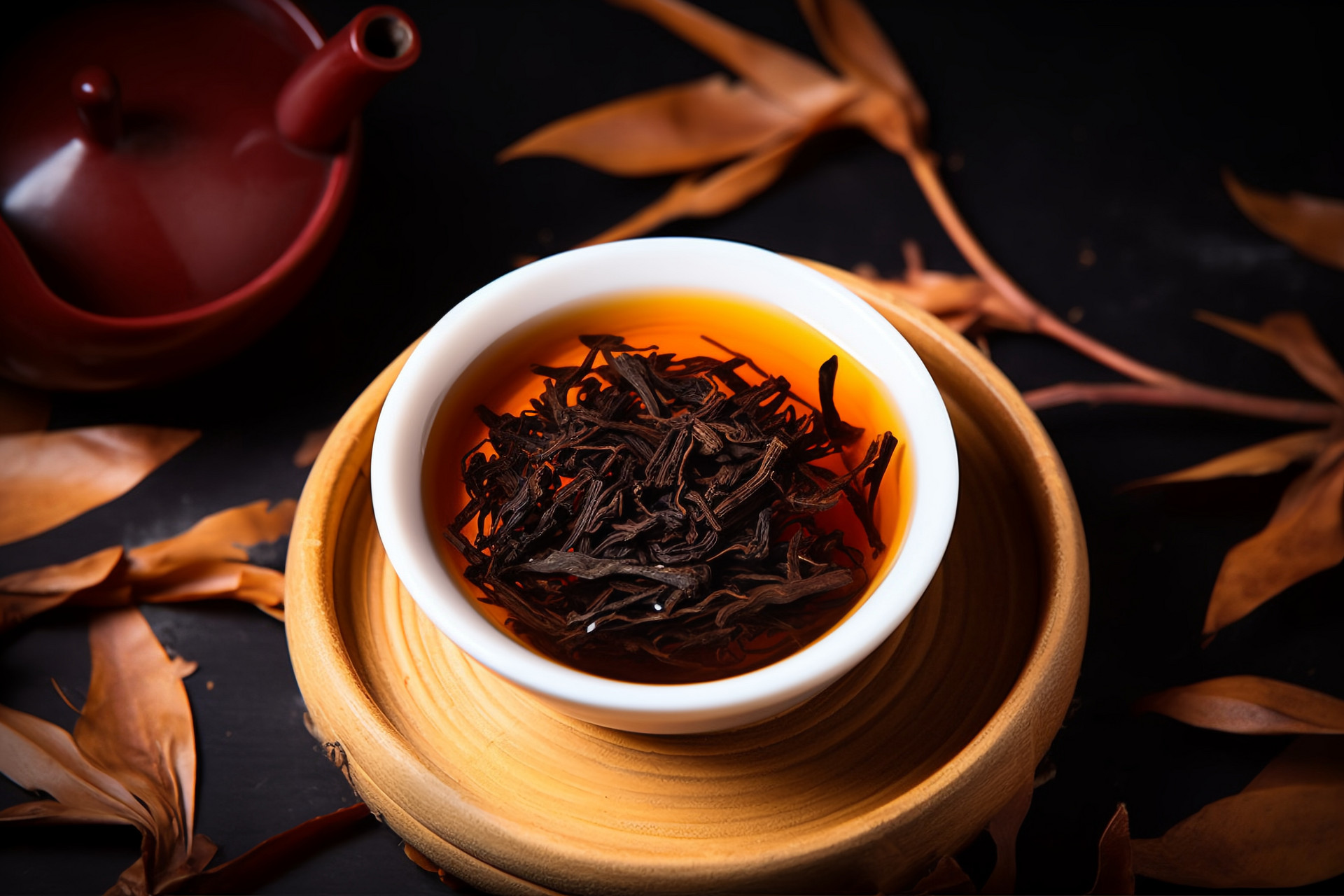
![[Herbal Wine Recipes for Health and Beauty]](https://tcmmaintenance.com/uploads/20240715/7241f6b6eafdaed88c28b26a37213964.jpg)